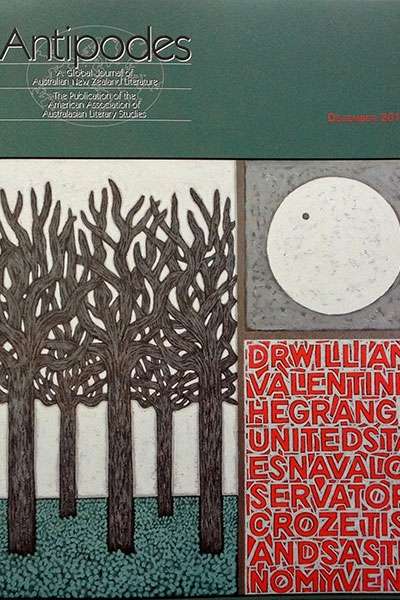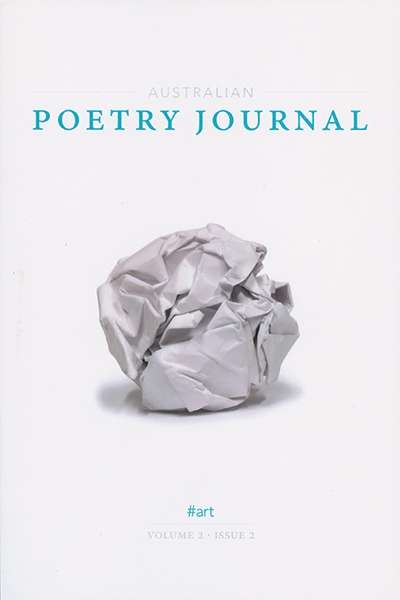Cassandra Atherton
Westerly, vol. 59, no. 1 edited by Delys Bird et al.
Ben Ball was born in Melbourne in 1970. He grew up in London, New York, and Sydney, and went to school in all of these places. He completed an Arts/Law degree, in Australia, ‘more or less entirely to create the pleasing symmetry B. Ball, BA, LLB’. In the United Kingdom he undertook an M.Phil in Contemporary English Literature. Ball worked in London in publishing for more than a decade, with Bloomsbury, Granta, and Simon & Schuster. He returned to Australia when he began working for Penguin in January 2006. In 2011 he became Penguin’s Publishing Director.
... (read more)In So Many Words: Interviews with Writers, Scholars and Intellectuals by Cassandra Atherton
Island 132 edited by Rachel Edwards and Matthew Lamb
Antipodes: A Global Journal of Australian/New Zealand Literature, Vol. 26, No. 2 edited by Nicholas Birns
I wish I had been painted by Millais. Maybe not as Ophelia in a tepid bath.
Perhaps as Lady Macbeth. Or Titania. Or Portia. Not Brutus’s Portia. Portia from
The Merchant of Venice. I used to make you sit on a little wooden stool and pretend
you were painting me. Stroke after stroke rasping against the canvas. I would








